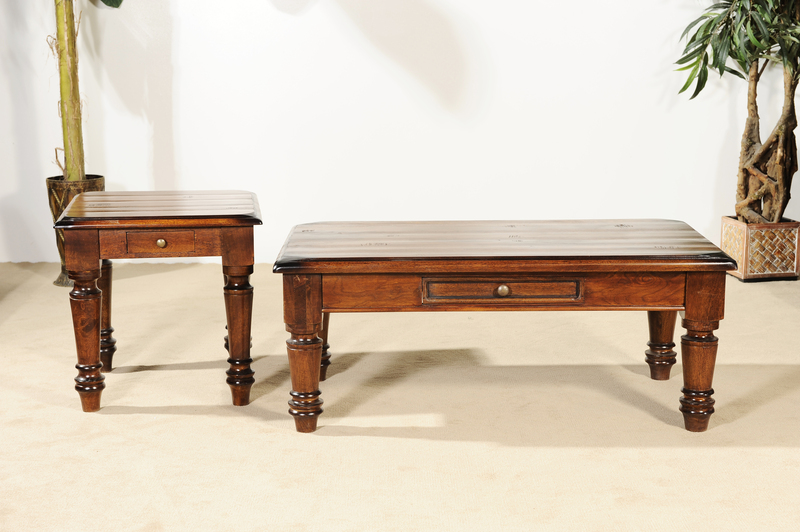How to Handle Bulky Waste Items on a Tight Budget: A Comprehensive Guide
Dealing with bulky waste items can be a daunting task, especially when you're on a strict budget. Mattresses, furniture, appliances, and other large unwanted possessions tend to clutter your living space, but removal and disposal costs can add up quickly. What are the best ways to manage bulky waste affordably? In this detailed guide, we'll explore cost-effective strategies for handling large waste items, ensuring you keep your space clutter-free without breaking the bank.

Understanding Bulky Waste: What Qualifies and Why It's Challenging
Bulky waste - sometimes called large item waste or oversized refuse - generally refers to items that are too large to be collected in regular household trash. These can include:
- Old couches and sofas
- Tables and chairs
- Mattresses and box springs
- Refrigerators, washing machines, and dryers
- Large electronics (TVs, microwaves, etc.)
- Garden furniture and equipment
The main issue with these large items is their size and weight, which prevents standard curbside waste pickup from accepting them. Additionally, some items, like appliances, may require special handling due to environmental regulations (for example, refrigerant removal from fridges).
Why Bulky Waste Disposal is Expensive
- Transportation costs for large items are higher because you may need a larger vehicle or dumpster rental.
- Many municipalities charge extra fees for bulky waste collection services.
- Certain items require special treatment or recycling, adding to the disposal cost.
Budget-Friendly Ways to Handle Bulky Waste Items
If you're looking for solutions on how to handle bulky waste items on a tight budget, consider these affordable - and often creative - methods. Each tip is SEO-optimized with different variations of the main keyword to ensure you find your ideal solution.
1. Explore Municipality Free Bulky Waste Collection Days
Many towns and cities offer free or low-cost bulky waste pickup a few times a year. Check your local government or waste management website for details about scheduled collection days, accepted items, and rules regarding how many items you can put out. While these events require some planning, they provide an excellent opportunity to dispose of large unwanted items without paying extra.
2. Reuse, Donate, or Sell Your Large Waste Items
Not all large items are destined for the dump. If your furniture, appliances, or other bulky objects are still in usable condition, consider the following options:
- Donation: Charities like Goodwill, Salvation Army, Habitat for Humanity ReStores, and local shelters often accept large items in good condition. Some organizations will even pick them up for free.
- Sell Online: Platforms like Craigslist, Facebook Marketplace, OfferUp, and Nextdoor make it easy to connect with people in your area who might want what you're getting rid of. You could make some cash, or at least guarantee the item is removed quickly.
- Give Away: List your unwanted items for free and someone may haul them away at no cost to you. This is the fast-track to clearing out space on the cheap!
Tip: Take clear photos and be honest about condition to speed up the process.
3. Check for Appliance or Mattress Recycling Programs
Some manufacturers and retailers participate in "take-back" programs for large appliances or mattresses. For example, when you buy a new mattress, the seller may offer to remove the old one for free or a small fee. Appliance recycling programs, often run by utility companies or municipalities, may offer coupons or rebates for turning in old units - saving you money while ensuring proper disposal.
4. DIY Bulky Waste Disposal: Save by Hauling It Yourself
If you have access to a pickup truck or can borrow one, self-hauling bulky items to the local landfill or recycling center is usually much cheaper than paying for a special collection service. Most drop-off locations charge per load or by weight, which is often less expensive than curbside pickup fees.
- Contact your local landfill or drop-off center for fees and accepted items.
- Ensure you secure your load safely during transit to avoid fines.
- Enlist a friend or family member to help with heavy lifting.
5. Break Down Large Items for Regular Pickup
Some bulky waste items, like wooden furniture, can be disassembled or cut into smaller pieces to fit into regular trash bins or bags for curbside collection. Tools such as saws, screwdrivers, and hammers can help reduce the size of the item. However, appliance and electronic disposal may be subject to special rules - never attempt to cut into refrigerators, TVs, or microwaves that can pose safety and environmental hazards.
6. Pool Resources with Neighbors or Community Groups
Sharing bulk waste removal services with neighbors or community members can cut costs dramatically. By splitting dumpster rental or scheduling joint pickups, each household pays only a fraction of the fee. This strategy works especially well after large neighborhood cleanups, home improvement projects, or community yard sales.
You might organize:
- A shared dumpster rental to be delivered for one weekend
- A community-wide cleanup day with city-sponsored pickup
- Social media posts to find others with similar disposal needs
7. Contact Local Scrap Dealers or Junk Haulers
Scrap metal dealers may take old appliances or metal furniture at no charge, or even pay you for valuable parts. You can find junk haulers offering competitive rates, especially for easily recyclabled items. Be sure to compare at least three quotes online or ask for neighborhood recommendations.
Always clarify upfront what items junk haulers accept and any additional fees for certain materials.
8. Bulk Waste Websites and Freecycle Networks
Several specialized websites and networks are dedicated to helping people exchange bulky goods for free or at low cost, helping with bulk waste recycling and unwanted items removal. Platforms like Freecycle.org, Trash Nothing, and Buy Nothing groups can be a budget-savvy way to get rid of nearly anything.
9. Creative Repurposing: Turn Trash Into Treasure
While not every piece of bulky waste can be upcycled, some items can be repurposed. With a bit of DIY enthusiasm, you could turn an old dresser into shelving, a headboard into a bench, or a ladder into a plant stand. Search for upcycling ideas online--sometimes the best way to handle large waste on a budget is to keep it out of the waste stream entirely!
Common Mistakes to Avoid with Bulky Waste Management
When trying to dispose of large waste objects efficiently and affordably, be mindful of these pitfalls:
- Illegal Dumping: Never leave bulky items on sidewalks or in vacant lots. Not only is it illegal in most places, but it also poses safety and environmental hazards. Fines can cost far more than legitimate disposal.
- Ignoring Recycling or Hazardous Waste Rules: Appliances, electronics, and mattresses often have handling requirements. Failing to follow local ordinances can lead to fines or unsafe contamination.
- Underestimating the Work: Some large items are heavy, awkward, and require special tools or lifting help. Always recruit help and wear proper protective gear.
- Overpaying for Removal: Get multiple quotes, ask about free pickup events, and look for discounts before booking any bulky waste removal service.

Frequently Asked Questions: Handling Bulky Waste on a Budget
Can I leave bulky waste items on the curb for regular trash pickup?
In most areas, standard trash service will not accept bulky waste items without prior arrangement. Contact your service provider to learn about their policy and fees.
Are there charities that pick up large furniture and appliances for free?
Yes! Many major charities and some local organizations offer free large item pickup, provided your items are in usable condition. Always check their guidelines in advance.
Is it legal to break down furniture and put it in the regular trash?
As long as you are not disposing of restricted items (like electronics or hazardous materials) and the smaller parts fit within your trash bin rules, it is usually allowed. Check with your municipal waste authority for specifics.
Can I save money by taking my bulky waste to the dump myself?
Absolutely. Hauling large items yourself is often the most economical method, especially if your municipality offers discounted rates for residents or special disposal days.
Final Thoughts: How to Handle Bulky Waste Items on a Tight Budget Effectively
Managing bulky waste economically requires a bit of planning, resourcefulness, and community awareness. By utilizing local collection events, donation programs, online marketplaces, DIY drop-off, and collaborative approaches with neighbors, you can tackle the challenge of large item disposal without overspending. Avoid common pitfalls, stay informed about local regulations, and you'll find handling oversized waste more affordable and stress-free than you imagined.
Remember, the key to successful budget-friendly bulky waste management lies in exploring every available option, repurposing when possible, and seeking out community resources. With a little effort, you can reclaim your space, help the environment, and keep your wallet happy!
